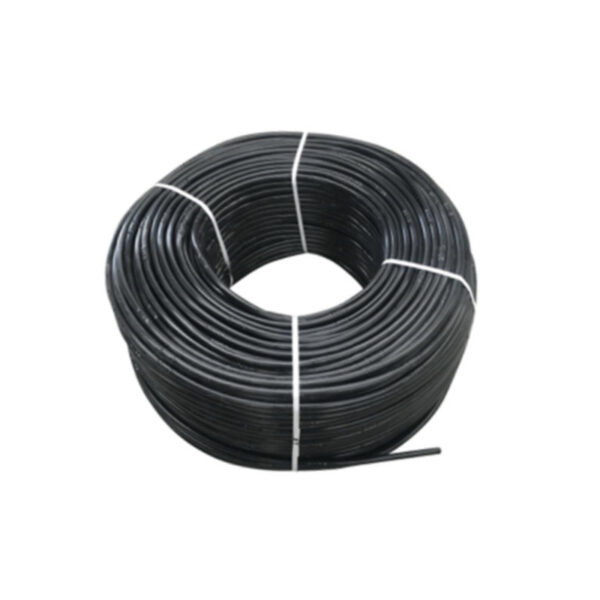How does the physical integrity of cylinder dripper pipe impact its resistance to mechanical damage?
The physical integrity of cylinder dripper pipe plays a crucial role in its resistance to mechanical damage.
Here’s how the physical characteristics of the pipe affect its durability:
- Material Strength: The material used to manufacture the cylinder dripper pipe greatly influences its resistance to mechanical damage. Pipes made from durable materials such as polyethylene (PE) or polyvinyl chloride (PVC) are less susceptible to cracking, breaking, or puncturing compared to pipes made from weaker materials.
- Wall Thickness: Thicker-walled pipes generally offer better resistance to mechanical damage than thinner-walled pipes. A thicker wall provides additional structural support and can withstand greater external forces without deforming or breaking.
- Dripper Embedment: The method of embedding the drippers into the pipe also affects its resistance to mechanical damage. Pipes with drippers securely embedded within the pipe wall are less prone to damage from external impacts or abrasion compared to pipes with drippers attached externally, where they are more exposed.
- Surface Smoothness: Smooth surfaces reduce the likelihood of damage caused by abrasion or friction. Pipes with smooth inner and outer surfaces experience less wear and tear over time, minimizing the risk of mechanical damage.
- Flexibility: Flexible pipes can absorb impact energy and deform slightly under pressure, reducing the risk of cracking or fracturing compared to rigid pipes. However, excessively flexible pipes may be more susceptible to kinking or bending damage if not properly supported.
- UV Resistance: UV-resistant materials protect the pipe from degradation caused by prolonged exposure to sunlight. UV degradation can weaken the pipe material over time, making it more susceptible to mechanical damage such as cracking or brittleness.
- Installation Practices: Proper installation techniques, including appropriate trenching, backfilling, and support, help protect cylinder dripper pipes from mechanical damage during and after installation. Avoiding sharp bends, excessive tension, or rough handling during installation reduces the risk of damaging the pipe.
- Impact Resistance: Pipes with enhanced impact resistance properties can withstand sudden impacts without cracking or breaking. This is particularly important in applications where the pipe may be subjected to accidental impacts from equipment or foot traffic.
Overall, the physical integrity of cylinder dripper pipe directly impacts its resistance to mechanical damage. By selecting high-quality materials, maintaining proper installation practices, and ensuring adequate protection during use, growers can maximize the durability and lifespan of their irrigation systems.
